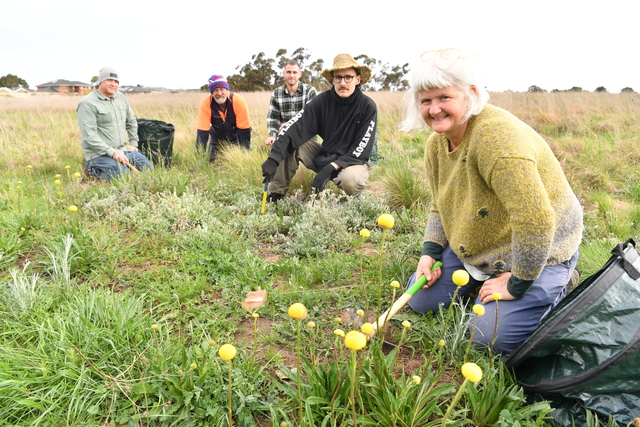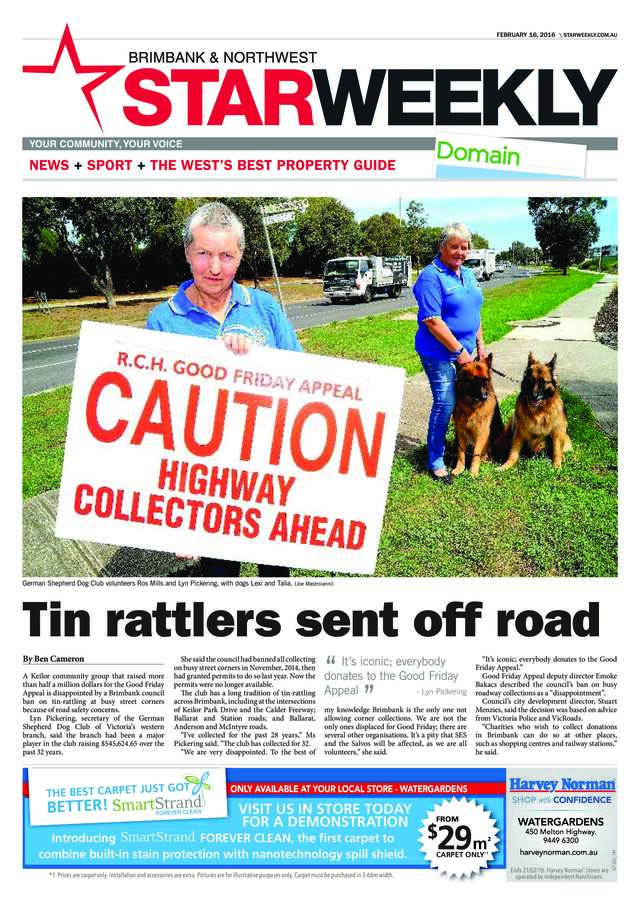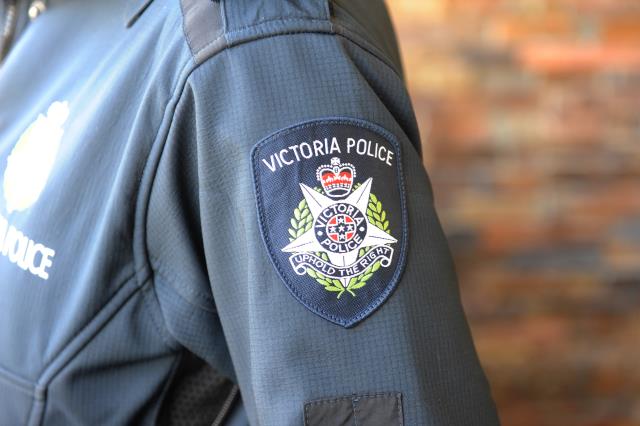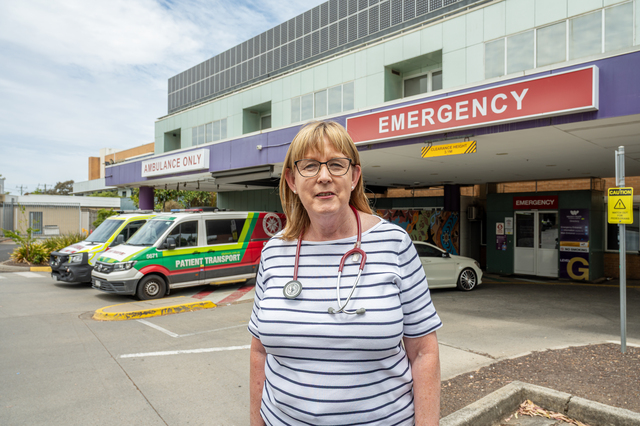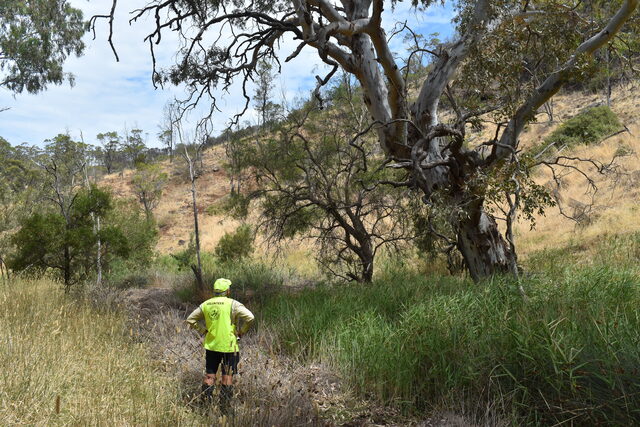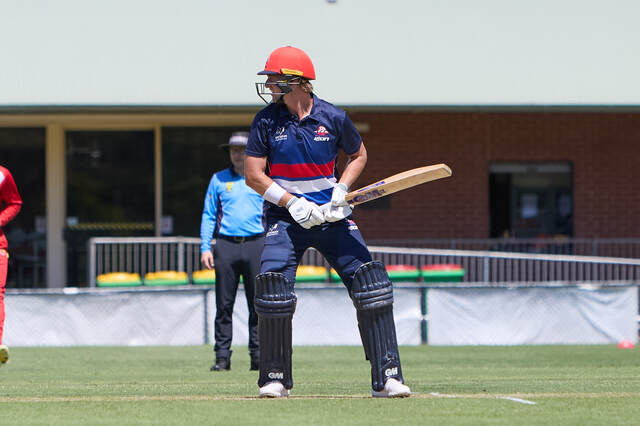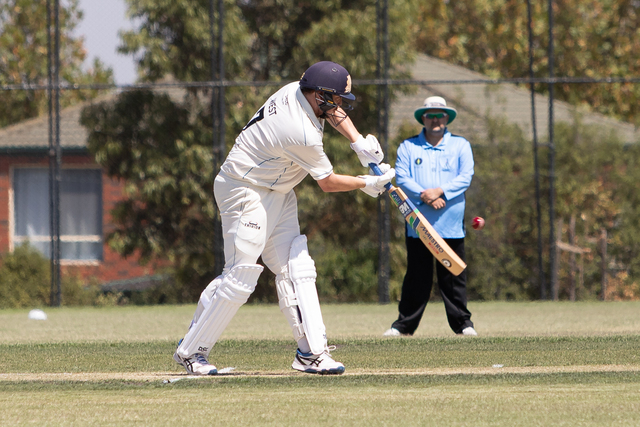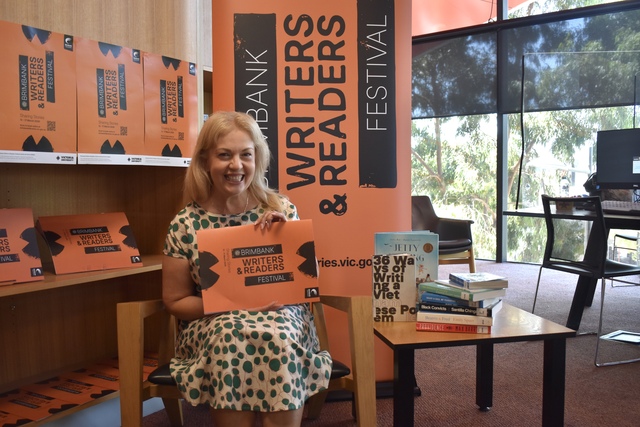A short film is shining a light on a local group working hard to preserve precious grasslands in the west.
The film highlights the Friends of Iramoo Grasslands care group, and shows the passion and care they have for the area.
The group look after Iramoo Grassland Reserves, which is one of three reserves within the umbrella environment group Cairnlea Conservation Reserves Committee of Management.
Volunteer Megan O’Shea is featured in the film explaining why maintaining the area is so important.
“It’s a remnant native grassland, an ecosystem that once covered about a third of the state… with colonisation there has been a significant reduction, so we’re down to about one to two percent of those grasslands left,“ she said.
“Iramoo is a great example of what the landscape was like a couple hundred years ago.“
Iramoo Grassland Reserves is the committee’s primary reserve, which has a nursery, a meeting room, an education centre and partners with Victoria University.
Some of the nastiest and most pervasive weed species, including serrated tussock and Chilean needle grass, are threatening to overrun grasslands in Melbourne’s west, which are also a target for developers.
Volunteers like Ms O’Shea and the Friends of Iramoo happily donate their time to eradicate weeds and champion the delicate niche plants and animals that prove just how dynamic these endangered grasslands are.
The volunteers receive funding from Melbourne Water’s Victorian Landcare Grants scheme to undertake natural resource management, such as ecological burns and community outreach, including recruiting nature strip growers of rare grasses.
The Friends of Iramoo Grasslands deliver novel programs to attract volunteers from across the community, including a youth program for young environmentalists to build industry skills.
Regional Landcare coordinator, Aboriginal engagement & community connections Barry Kennedy said “The Friends of Iramoo Grasslands have transformed a landscape scarred by invasive weeds by creating havens for indigenous species, with long-term financial support from Melbourne Water.“
“Flora in the western volcanic plains are often underappreciated but what they lack in fibrous bark they make up for in blossoms and snowy sweetness for visiting pollinators. The health of the grasslands has improved enormously with a concerted effort by the volunteers making it possible to find rare orchids, lilies, and insects such as the golden sun moth.”
Full video: youtube.com/watch?v=1kpNF6Nxxb4

